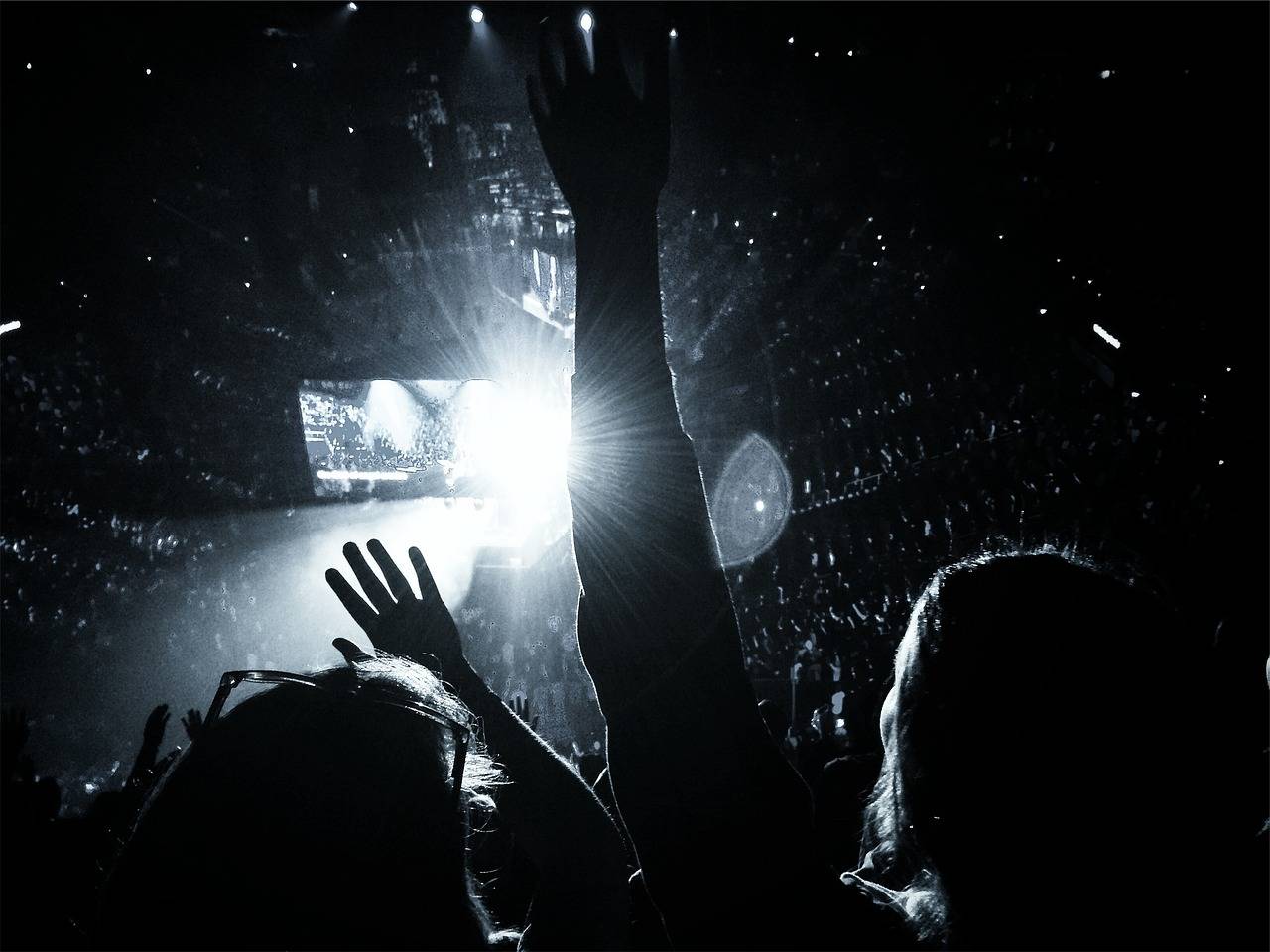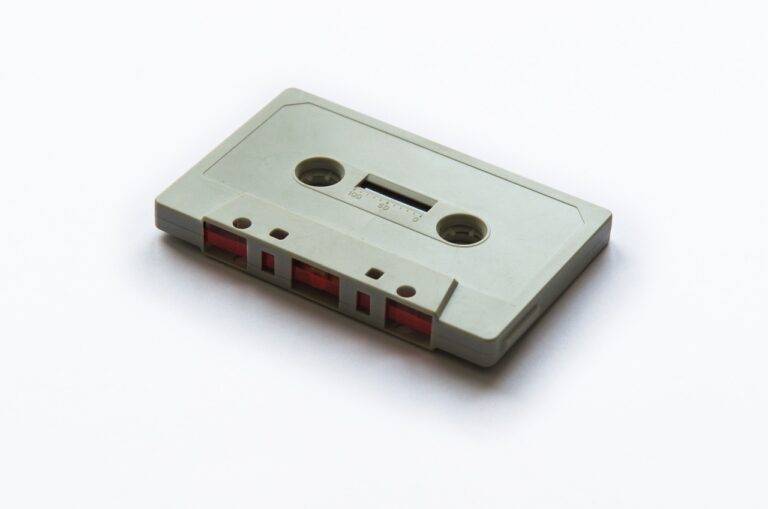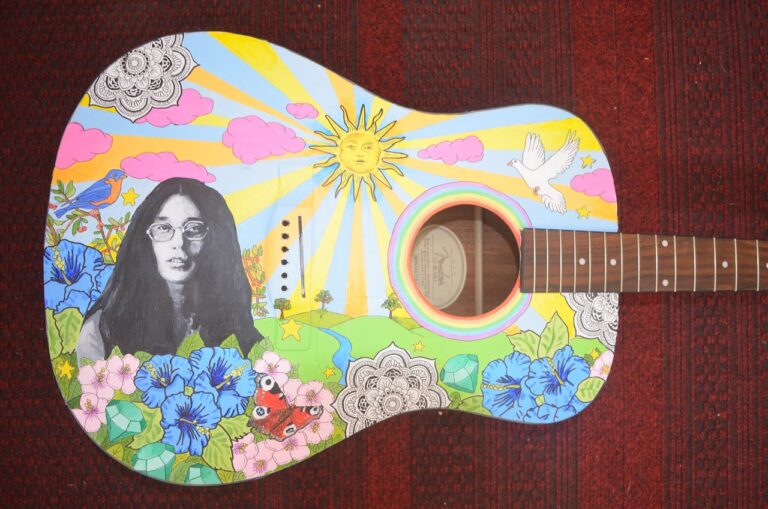The Future of AI in Film Scoring: Composing with Algorithms
Artificial intelligence (AI) is revolutionizing the world of film scoring, offering filmmakers and composers innovative tools to enhance the cinematic experience. Through advanced algorithms and machine learning techniques, AI can analyze vast amounts of data to generate unique and customized soundtracks that perfectly complement the visuals on screen. By harnessing the power of AI, filmmakers have the opportunity to streamline the scoring process, saving time and resources while achieving high-quality results.
Moreover, AI in film scoring has the potential to push creative boundaries and inspire new artistic expressions. With AI’s ability to quickly adapt and experiment with different musical styles and motifs, composers can explore unconventional sounds and arrangements that may have been challenging to achieve through traditional methods. This fusion of human creativity with AI’s computational capabilities opens up a world of possibilities in film scoring, paving the way for fresh and captivating musical compositions that resonate with audiences on a profound level.
The Evolution of Film Scoring Techniques
Film scoring techniques have undergone a significant transformation over the years, adapting to the evolving technology and tastes of audiences. Early film scores were primarily orchestral, relying on live musicians to bring the emotional depth and narrative nuance to the screen. As technology advanced, composers began incorporating electronic elements into their scores, pushing the boundaries of traditional orchestration.
With the rise of digital recording and editing tools, film composers have more flexibility in experimenting with different sounds and textures. This has led to a more diverse range of musical styles and genres being incorporated into film scores, allowing for greater creativity and innovation in storytelling. As the industry continues to evolve, it will be intriguing to witness how film scoring techniques further develop to enhance the cinematic experience for audiences worldwide.
How has artificial intelligence impacted film scoring?
Artificial intelligence has revolutionized film scoring by offering composers new tools and techniques to create unique and innovative soundtracks.
What are some traditional film scoring techniques that have evolved over time?
Traditional film scoring techniques such as orchestration, thematic development, and synchronization have evolved with the advancements in technology and the changing demands of the film industry.
How has the role of the composer changed in the evolution of film scoring techniques?
The role of the composer in film scoring has evolved to include a greater emphasis on collaboration with directors, sound designers, and producers to create a cohesive and impactful soundtrack.
Can artificial intelligence completely replace human composers in film scoring?
While artificial intelligence has the capability to generate music, it cannot completely replace the creativity, emotion, and intuition that human composers bring to the art of film scoring.





